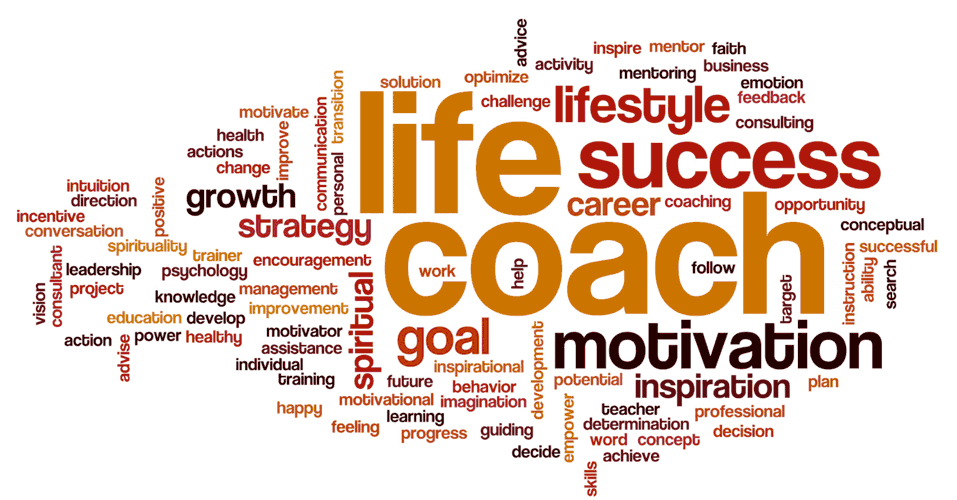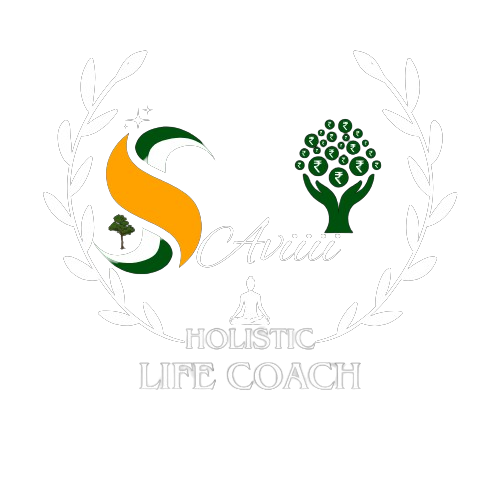LIFE COACHING

Life coaching is a professional service designed to help individuals clarify their goals and achieve personal and professional success. Life coaches work with clients to identify their strengths, values, and aspirations, and then assist them in creating a plan to reach their desired outcomes. The coaching process is collaborative, focusing on the present and future, rather than dwelling on the past.
Here are some key aspects of life coaching:
Goal Setting: Coaches help clients define and articulate their goals, whether they are related to personal development, career, relationships, health, or any other aspect of life.
Action Planning: Once goals are established, coaches work with clients to create actionable plans. This involves breaking down larger goals into smaller, manageable steps.
Accountability: Coaches hold clients accountable for their actions and progress. Regular check-ins and discussions help clients stay on track and make adjustments to their plans as needed.
Self-Discovery: Life coaching often involves self-discovery exercises to help clients gain a better understanding of their values, strengths, and areas for improvement.
Empowerment: Coaches empower clients to take responsibility for their choices and actions. The focus is on personal growth, building confidence, and overcoming obstacles.
Communication and Listening Skills: Coaches are skilled in effective communication and active listening. They ask powerful questions to help clients explore their thoughts and feelings, facilitating the discovery of solutions.
Positive Psychology: Many life coaches draw on principles from positive psychology, focusing on strengths, resilience, and the pursuit of happiness.
Time Management: Coaches assist clients in managing their time more effectively, helping them prioritize tasks and activities that align with their goals.
Work-Life Balance: Achieving a balance between personal and professional life is often a key component of life coaching. Coaches help clients identify priorities and create strategies for maintaining balance.
Continuous Improvement: Life coaching is a dynamic process, and coaches encourage clients to continuously reassess and refine their goals as they progress.
It’s important to note that life coaching is distinct from therapy or counseling, which often address mental health issues and delve into a person’s past. Life coaching is forward-focused, action-oriented, and generally assumes that clients are mentally healthy and seeking guidance for personal and professional development.
Individuals seek the services of a life coach for various reasons, including career transitions, personal growth, improving relationships, and achieving a better work-life balance. The effectiveness of life coaching depends on the client’s commitment to the process and the rapport between the coach and the client.
